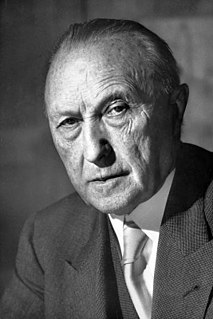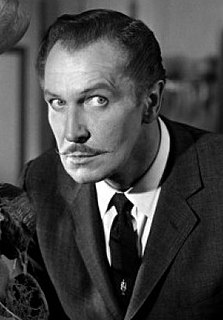A Quote by Stanislaw Lem
It is not good for a man to be too cognizant of his physical and spiritual mechanisms. Complete knowledge reveals limits to human possibilities, and the less a man is by nature limited in his purposes, the less he can tolerate limits.
Related Quotes
Returning from the wilderness a man becomes a restorer of order, a preserver. He sees the truth, recognizes his true heir, honors his forbears and his heritage, and gives his blessing to his successors. He embodies the passing of human time, living and dying within the human limits of grief and joy.
Reason cannot desire for man any condition other than that in which not only every individual enjoys the most absolute, unbounded freedom to develop himself out of himself, in true individuality, but in which physical nature, as well, need receive no other shaping by human hands than that which is given to her voluntarily by each individual, according to the measure of his wants and his inclinations, restricted only by the limits of his energy and his rights.
Nature is man's inorganic body -- that is to say, nature insofar as it is not the human body. Man lives from nature -- i.e., nature is his body -- and he must maintain a continuing dialogue with it is he is not to die. To say that man's physical and mental life is linked to nature simply means that nature is linked to itself, for man is a part of nature.
WISDOM IS dependent upon knowledge. Where there is complete ignorance there can be no wisdom, no knowledge of the right thing to do. Man’s knowledge is comparatively limited and so his wisdom must be small, unless he can connect his mind with a knowledge greater than his own and draw from it, by inspiration, the wisdom that his own limitations deny him. Only God knows all truth; therefore only God can have Real wisdom or know the right thing to do at all times, and man can receive wisdom from God. Wisdom is obtained by reading the mind of God.
Nothing of that which is conducive to help man, collectively or individually, to live not "happily" but less unhappily in this world, ought to be indifferent to the Theosophist-Occultist. It is no concern of his whether his help benefits a man in his worldly or spiritual progress; his first duty is to be ever ready to help if he can, without stopping to philosophize.





































